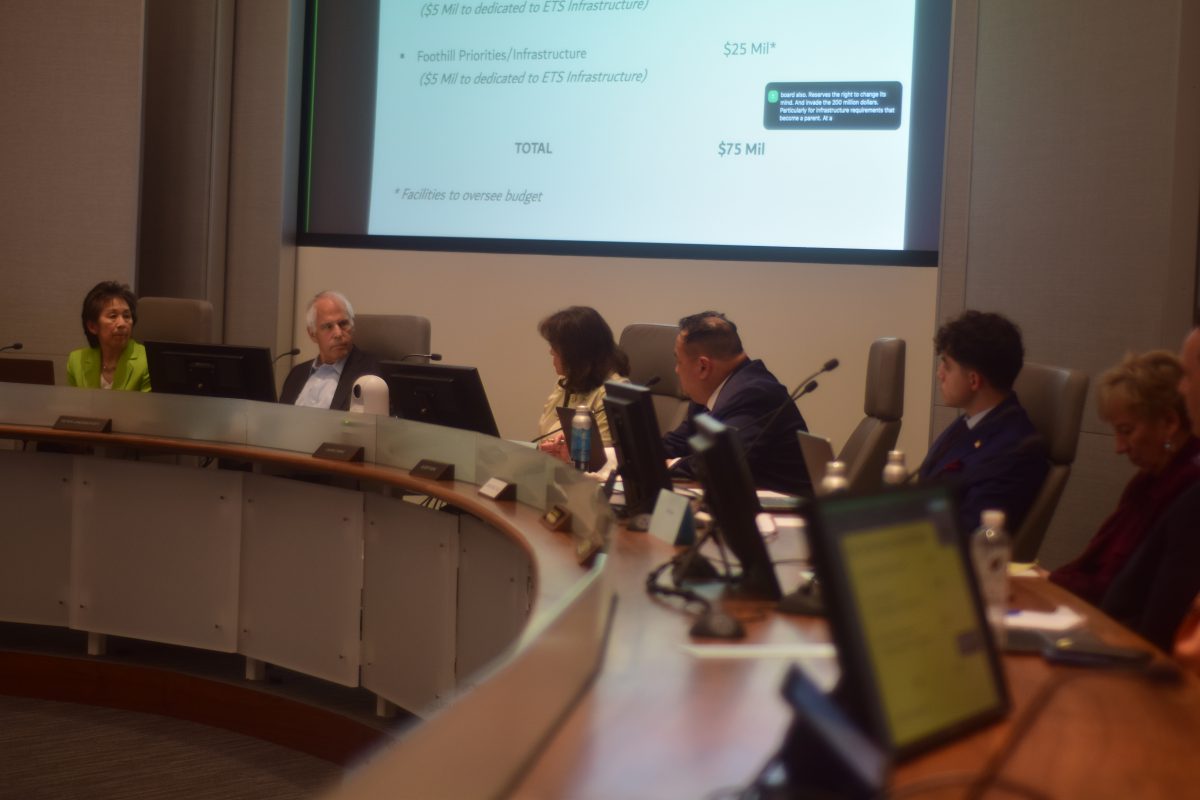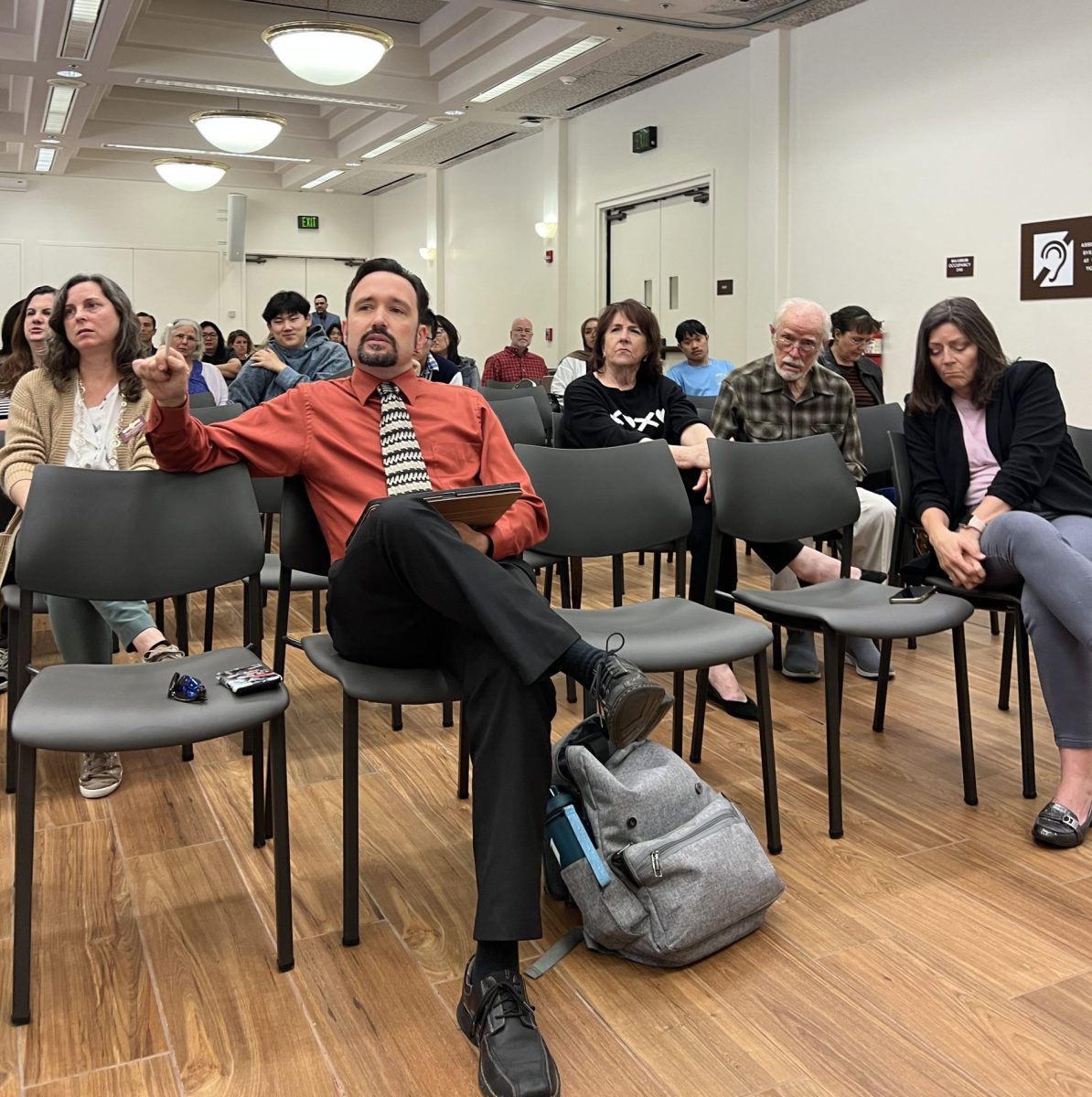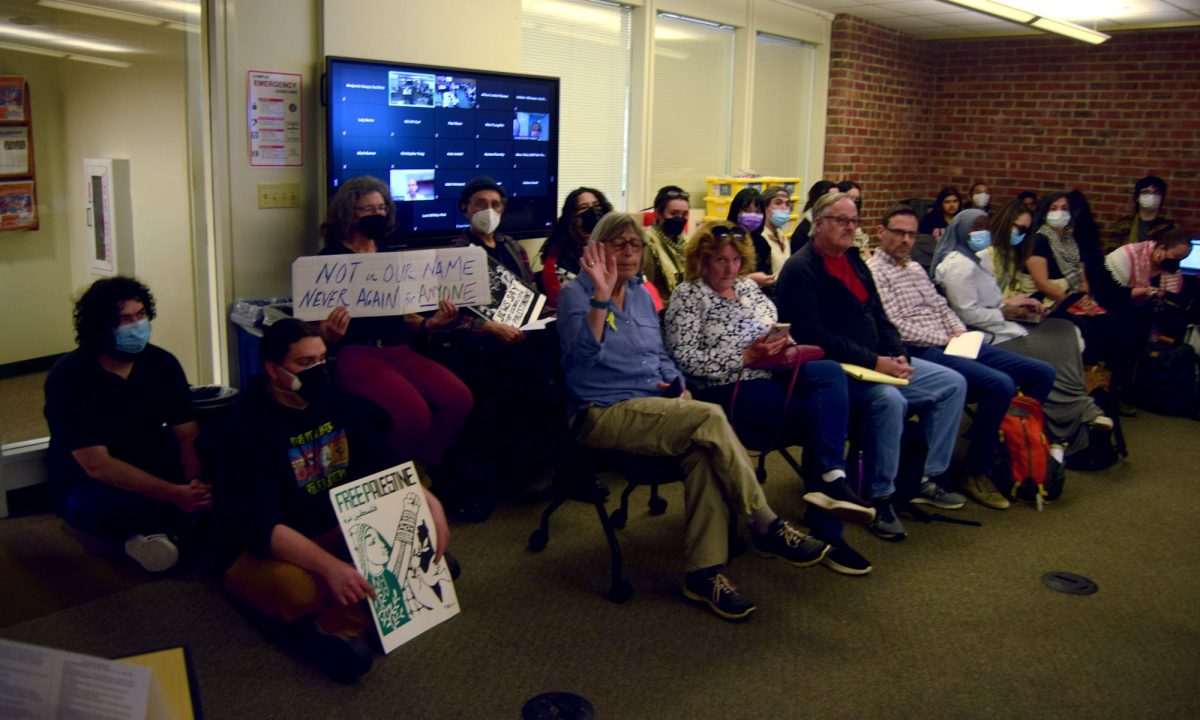April 17, 2012 was equal pay day. It marked the moment when a woman of any race, creed or color, working from Jan. 1, 2011, would have earned the same paycheck that a man received Dec. 31, 2011 for the same work. Despite equal rights groups and the U.S. government working to correct the gender pay gap since the late 1960s, women are still paid 78 cents on the dollar- a single cent of progress.
In remembrance, the U.S. Equal Employment Opportunity Commission combined with De Anza College’s Women’s History Events to host a free workshop April 24 to educate De Anza students and the local community on what they can do to correct the gap, starting with the interview and after they are employed.
In occupations traditionally considered to be “women’s roles,” such as administration, sales and personal care, showing systemic discrepancies in pay against the national average, women aren’t just being paid less, they are paying each other less as well.
“The nmbers are boggling,” said Linda Li, EEOC program analyst. “It still surprises people who are in the equal pay division.”
The numbers are boggling; 80 percent of occupations have a pay discrepancy, especially the legal field where a woman earns an average of $70,000 less than a man, and a woman can expect to have missed out on over $370,000 over the course of her lifetime.
The workshop wasn’t just to create awareness of the gap but to correct it, one person at a time.
“If you don’t know your rights what are you supposed to do?” Li asked, adding that many of the company polices meant to obscure pay rates are actually illegal, such as policies prohibiting the discussion of pay with co-workers.
According to both federal and state law, employees are fully allowed to discuss their pay with employees. If a company prohibits employees from discussing pay or terminates an employee for discussing pay, employees are urged to report that company to the national relations labor board or the California labor commission.
Employers are also required, by both federal and state laws, to provide equal pay for a “substantially equal job.” “Substantially equal” refers to an occupation requiring similar, experience, education, workload and hours.
Aside from providing education to combat unfair and illegal business practices, the workshop also provided a mock interview to highlight where women have traditionally stumbled, resulting in lower wages after employment. The chief cause was a failure to negotiate a higher wage, and when asking, failing to provide what they are worth in a way their employer can understand.
“My son always knows what he’s bringing to the company and says it,” said Jenny Erwin, U.S. Department of Labor Women’s Bureau regional administrator. Women, for whatever reason, have had harder time at this.”
This difference in attitude has been supported in studies by Princeton University where women and men were asked to negotiate a higher pay for themselves and for others. Women were able to secure a higher wage for others, regardless of gender, but were unable to secure a higher wage for themselves.
To correct this, the EEOC recommends women not to settle for a lower wage even in the current market, to do research on what the average wage for the position is, and then to ask for it. If wages are fixed, negotiate benefits, vacation days or frequent performance reviews with the prospect of a raise.
“If you don’t care about your review,” Li said, “no one else will.”
De Anza was chosen as the third workshop held by the EEOC this year to reach out to a younger generation, especially students.
“Last year we drew around 80 folks to a Fair Pay Day event at San Jose State University,” Li said. “However, only about five or fewer folks were students. The rest were community advocates, general public, and HR and employer representatives. Based on that experience we decided to try holding more targeted events this year.”
More information on negotiation techniques, how to report an employer for violations and where to research a position’s average pay can be found on the U.S. Department of Labor’s website, dol.gov/equalpay and at owp.sccgov.org.








